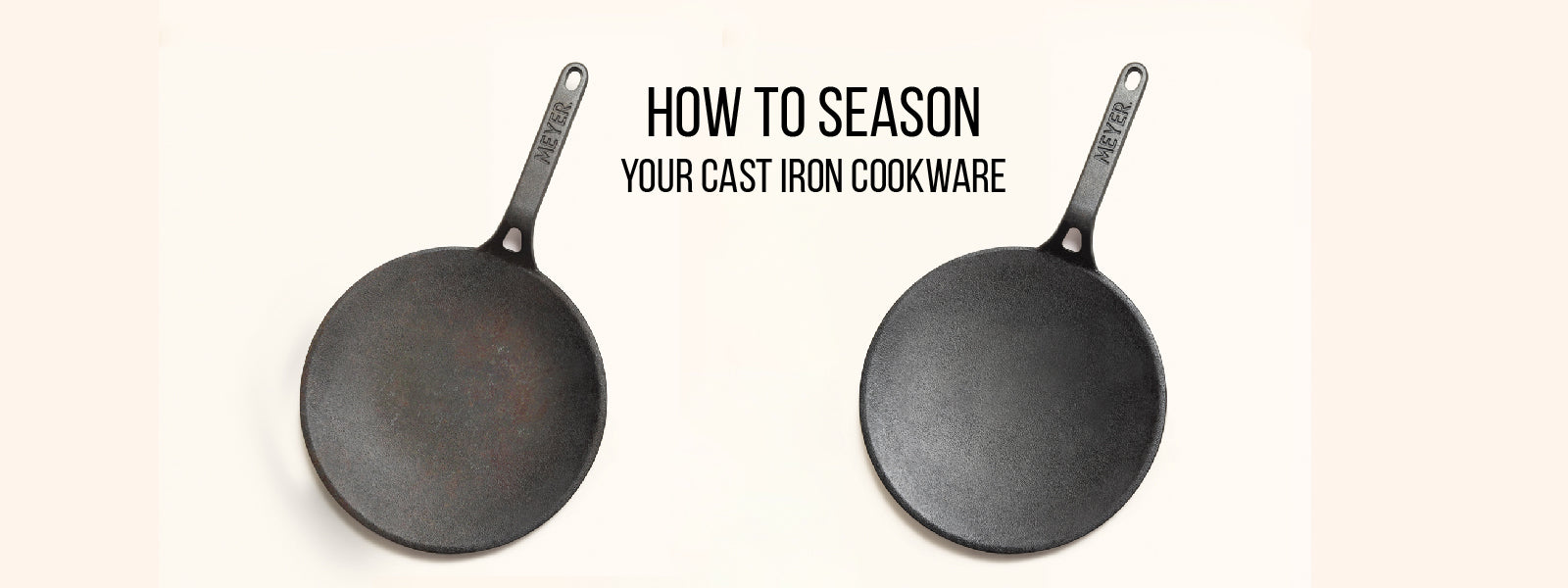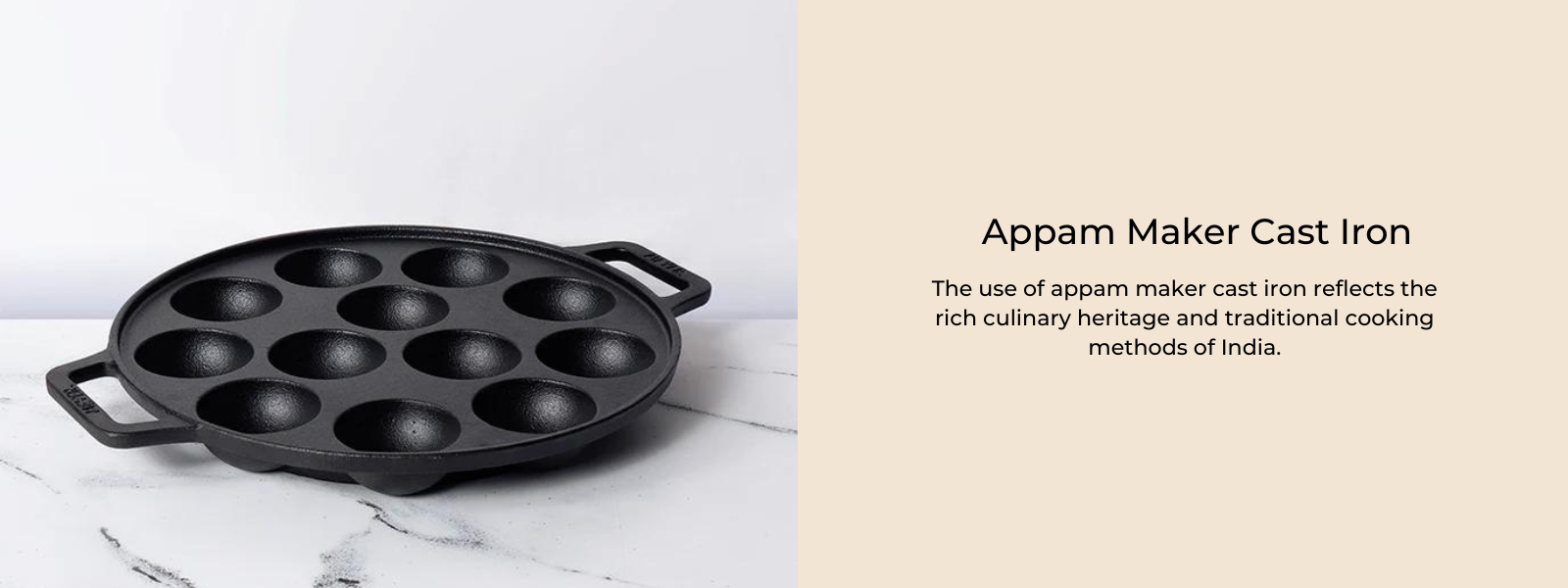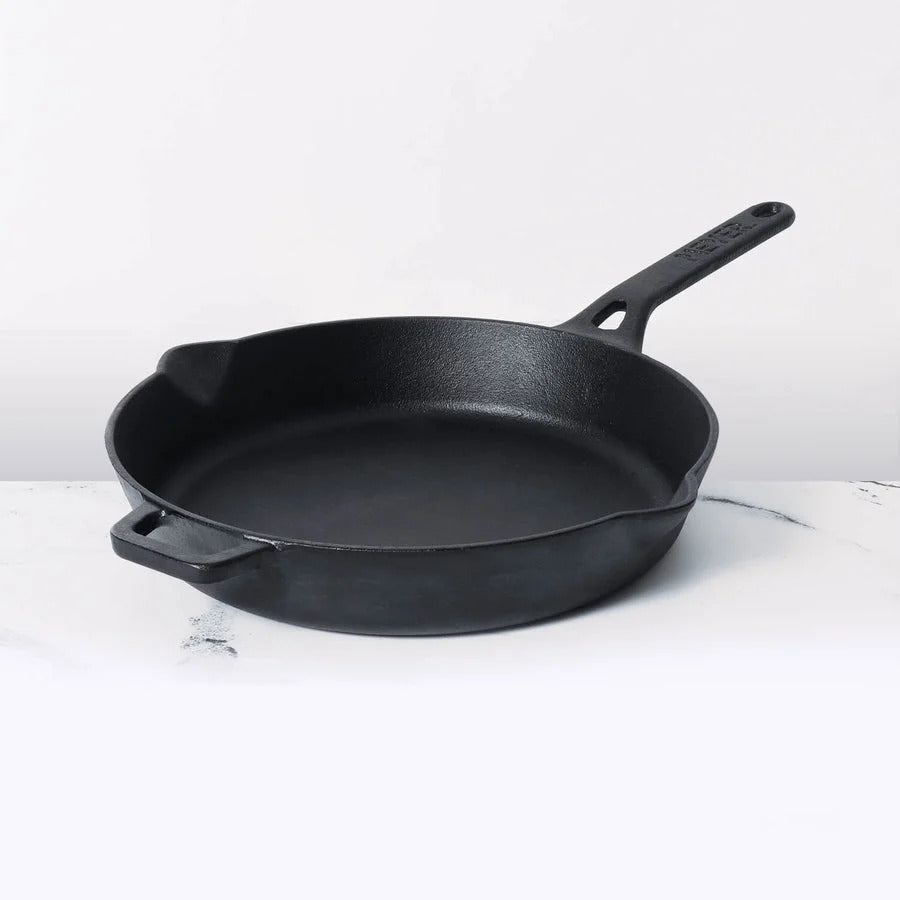Fennel seeds, known for their rich history as a remedy for various digestive issues, offer a natural and effective solution to modern digestive discomfort. This ancient spice, derived from the flowering fennel plant, has been used in traditional medicine for centuries.
To incorporate fennel seeds into your routine, you can chew them directly after meals, brew them into a tea, or use them as a spice in cooking. Fennel seed tea can be made by steeping crushed fennel seeds in hot water for about 10 minutes. Additionally, fennel seeds can be sprinkled onto salads, added to soups, or included in spice blends for a delightful flavor.
Table of Contents
What Are Fennel Seeds?
Fennel seeds are the dried seeds of the fennel plant (Foeniculum vulgare), a flowering herb that belongs to the carrot family (Apiaceae). These small, oblong seeds are known for their distinct flavor, which is often described as sweet, aromatic, and reminiscent of licorice or anise.
Key Features of Fennel Seeds:
- Flavor Profile: Fennel seeds have a sweet and aromatic taste with a mild licorice-like flavor. The seeds' flavor is released and intensified when they are crushed or ground.
- Appearance: The seeds are small, elongated, and ridged, with a greenish-brown to yellowish-brown color.
- Common Culinary Uses:
- Fennel seeds are widely used as a spice in cooking and baking.
- They are a key ingredient in various spice blends, such as Indian garam masala and Chinese five-spice powder.
- Fennel seeds are used to flavor a range of dishes, including soups, stews, curries, and pickles.
- Digestive Benefits:
- Fennel seeds are known for their potential digestive benefits. They have carminative properties, which means they may help alleviate bloating, gas, and indigestion.
- Herbal and Medicinal Uses:
- Fennel seeds have been used in traditional medicine for their potential health benefits. They are believed to have antioxidant properties and may be used to address various digestive issues.
- Culinary Complement:
- Fennel seeds pair well with a variety of foods, including fish, poultry, pork, and vegetables.
- They are often used to add a subtle anise-like flavor to both savory and sweet dishes.
Fennel Seeds: An Ancient Remedy for Modern Digestive Issues
Here are some ways fennel seeds can address modern digestive concerns:
- Relieving Bloating and Gas:
- Fennel seeds have carminative properties, which means they can help reduce bloating and gas by relaxing the muscles in the digestive tract.
- Aiding Digestion:
- Chewing fennel seeds or consuming fennel tea post-meals may support digestion. Fennel seeds can stimulate the production of gastric enzymes, facilitating the breakdown of food.
- Alleviating Indigestion:
- Fennel seeds can be brewed into a soothing tea to alleviate indigestion and discomfort after a heavy meal. The tea can help calm the digestive system.
- Acting as an Antioxidant:
- Fennel seeds contain antioxidants that may help combat oxidative stress in the digestive system, contributing to overall gut health.
- Reducing Nausea:
- The aromatic compounds in fennel seeds can have a calming effect on the digestive system, potentially reducing feelings of nausea.
- Supporting Gut Health:
- Regular consumption of fennel seeds may contribute to a healthy gut environment by promoting the growth of beneficial gut bacteria.
- Addressing IBS Symptoms:
- Some individuals with irritable bowel syndrome (IBS) find relief from symptoms such as bloating and abdominal discomfort by incorporating fennel seeds into their diet.
- Improving Bad Breath:
- Chewing fennel seeds can serve as a natural breath freshener, thanks to their aromatic properties and potential antibacterial effects.
Culinary Applications Of Fennel Seeds For Digestive Wellbeing:
Fennel seeds have been a staple in culinary traditions, not only for their unique flavor but also for their potential digestive benefits. Here are several culinary uses of fennel seeds for addressing digestive issues:
- Chewing After Meals:
- A traditional practice involves chewing a small amount of fennel seeds after meals. This not only provides a burst of refreshing flavor but also stimulates saliva production, aiding in digestion.
- Fennel Seed Tea:
- Brew a simple fennel seed tea by steeping crushed fennel seeds in hot water. Sipping this tea after meals can help ease indigestion and reduce bloating.
- Spice Blends:
- Incorporate fennel seeds into homemade spice blends for dishes like curries, stews, and soups. The aromatic and slightly sweet notes of fennel complement a variety of savory recipes.
- Pickling and Fermentation:
- Add fennel seeds to pickling brines or during the fermentation process. Apart from contributing flavor, fennel seeds may assist in the digestive breakdown of fermented foods.
- Baking and Desserts:
- Include crushed fennel seeds in baked goods such as bread, cookies, or desserts. The subtle licorice-like flavor can add a unique twist to sweet treats.
- Infused Oils and Vinegars:
- Create infused oils or vinegars by steeping fennel seeds in these liquids. These infusions can be used in salad dressings or as a flavorful drizzle over dishes.
- Fish and Seafood Pairing:
- Fennel seeds pair exceptionally well with fish and seafood. Use them as a spice rub or seasoning for grilled or baked fish dishes.
- Vegetable Dishes:
- Sprinkle fennel seeds on roasted or sautéed vegetables for an extra layer of flavor. Fennel seeds complement the earthiness of many vegetables.
- Homemade Sausages and Meat Dishes:
- Add fennel seeds to homemade sausage recipes or meat dishes. The aromatic quality of fennel enhances the overall flavor profile.
- Yogurt and Dressings:
- Incorporate crushed fennel seeds into yogurt or use them in salad dressings. This adds a subtle and aromatic touch to these culinary creations.
Best Ways To Use Fennel Seeds To Cure Digestive Issues:
Fennel can be used to help alleviate digestive issues through various methods. Here are several ways to incorporate fennel into your routine to promote digestive health:
- Fennel Tea:
- Brew a cup of fennel tea by steeping crushed fennel seeds in hot water. Strain and drink the tea after meals to aid digestion and relieve bloating.
- Chew Fennel Seeds:
- Chew on a small amount of fennel seeds after meals. This traditional practice not only freshens breath but also stimulates saliva production, which aids in digestion.
- Fennel Infused Water:
- Infuse water with fennel by adding a few crushed fennel seeds to a jug of water. Allow it to steep for a few hours before drinking. This provides a subtle fennel flavor and may aid digestion.
- Include Fennel in Cooking:
- Incorporate fennel into your cooking by adding crushed fennel seeds to soups, stews, curries, or stir-fries. The aromatic flavor can enhance the overall taste of the dish.
- Fennel Salad:
- Add fresh fennel slices to salads. Fennel's crisp texture and subtle anise flavor can be a refreshing addition to your meal.
- Roasted Fennel:
- Roast fennel bulbs with olive oil and your favorite herbs. Roasted fennel makes a flavorful side dish that can be gentle on the digestive system.











Leave a comment